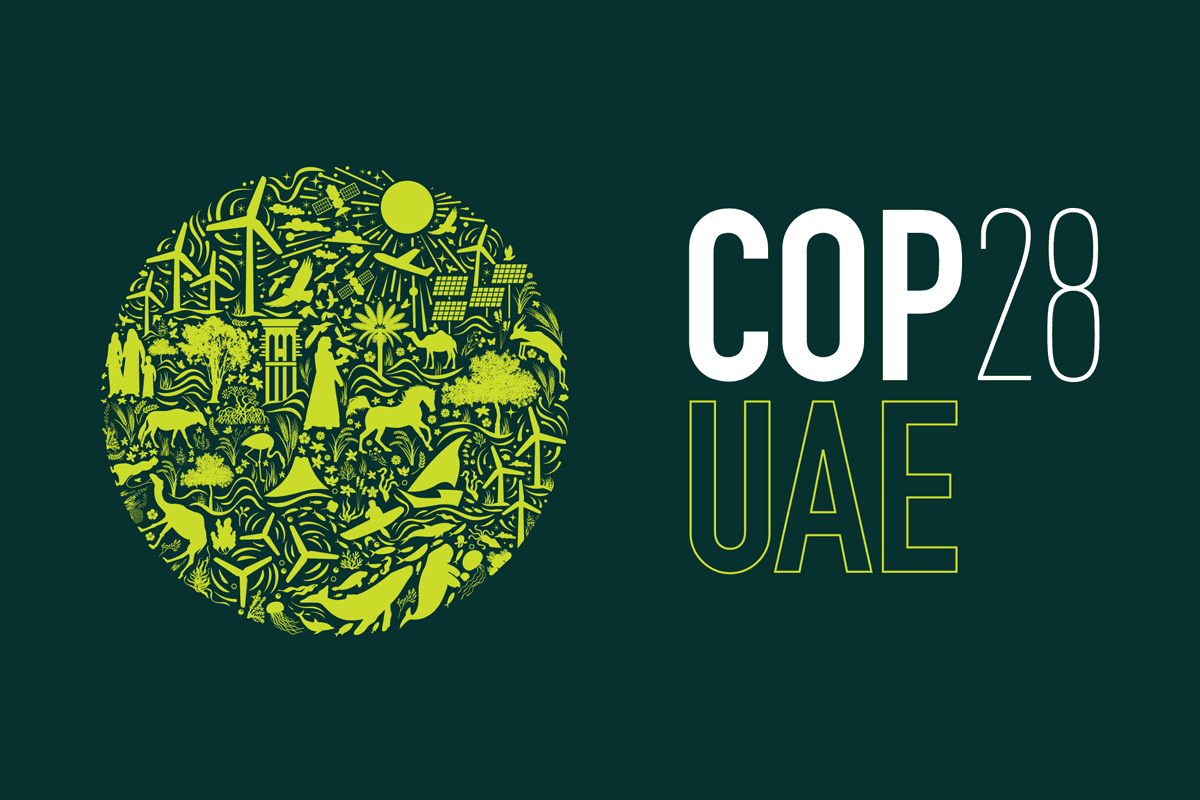Background:
COP28 is set to take a groundbreaking step by integrating health as a core theme of climate discussions. Recognizing the severe and direct impact of climate change on global health, COP28 has dedicated December 3rd as Health Day. This reflects an acknowledgment of the urgent need to address the intertwined nature of climate change and public health, which affects all nations but disproportionately impacts the most vulnerable populations.
Current Situation and Implications:
The use of fossil fuels continues to exacerbate climate change and contribute significantly to global health issues, with air pollution from these sources causing approximately 7 million premature deaths annually. The Boston University study illuminates the stark reality with its findings of $77 billion in public health damages per year due to US oil and gas production. These statistics emphasize the paradox where those least responsible for emissions bear the greatest health burdens.
The economic ramifications are equally concerning, as climate-induced health problems are expected to push up to 132 million people into poverty by 2030, according to the World Bank. Furthermore, the health systems’ vulnerability has been exposed by the COVID-19 pandemic, signaling an urgent need for transformative investments in resilient healthcare infrastructure.
Outcomes for COP28:
At COP28, the expectation is to move beyond rhetoric to action, setting a precedent for “health in all policies” approach. Dr. Sultan Al Jaber’s leadership at the UN General Assembly highlights a commitment to placing health at the center of climate negotiations. The ambitious goals for the conference include:
- Political Declaration: Formulating a strong political declaration that encapsulates the commitment of nations to integrate health and climate policy, influenced by the COP28 Champion Country Group.
- Financing Commitments: Mobilizing new investments and financial mechanisms to support the development of climate-resilient health systems and to close the climate-health financing gap, with the support of global organizations.
- Actionable Strategies: Developing actionable strategies that nations can adopt to transition to clean energy, thereby reducing air pollution and improving public health, while addressing the inequities of climate impact.
- Strengthening Health Systems: Advocating for and securing commitments to strengthen public health systems against the backdrop of climate change, informed by lessons from the pandemic and current health challenges like expanding vector-borne diseases.


